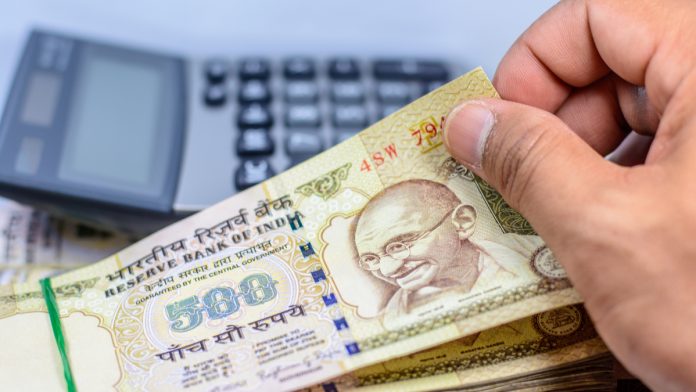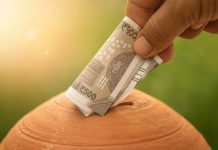GBP/INR continues to tumble, losing over 4.6% since Tuesday. Currently, the pair is trading at 93.048, down 0.74% as of 5:40 AM UTC. This is the fourth straight bearish session, with the price losing almost all its gains from last week, when it touched the highest since October 2018.
Coronavirus Pandemic Hits UK Economy
The sterling cannot stand the pressure generated by the economic crash on Thursday. Yesterday, the UK stock market saw its worst day in over 30 years. London’s FTSE 100 index plummeted by almost 10%, which was the worst single-day decline since 1987.
The economic horror came amid the panic caused by the coronavirus outbreak. Earlier this week, the World Health Organization (WHO) officially declared it a pandemic.
UK Prime Minister Boris Johnson chaired a meeting with the country’s emergency committee and surprisingly decided to move to the so-called “delay phase” to fight the coronavirus impact. It means that more severe measures will be implemented to stop the outbreak. He said:
“We are now getting onto the next phase. This is now not just an attempt to contain the disease as far as possible but to delay its spread.”
Yesterday, the number of new cases in the UK surged 29% to 590, with the death toll increasing to 10.
The government’s chief scientific adviser said that Britain was likely having between 5,000 and 10,000 people infected with the new coronavirus.
Given the circumstances, the UK and the European Union agreed to cancel face-to-face trade talks that were scheduled for next week in London. This might impact the tight timeline, as the two sides have to reach an agreement by the end of this year. The British government said:
“Both sides are currently exploring alternative ways to continue discussions, including if possible the use of video conferences.”
India’s Economic Data Support Rupee
Elsewhere, the rupee was supported by economic data at home. India’s factory output growth accelerated to 2% in January after a decline in December. Also, retail inflation eased to 6.58% last month, from 7.59% in January. This allows the central bank to consider an immediate rate cut to stimulate the economy amid the coronavirus pandemic.





